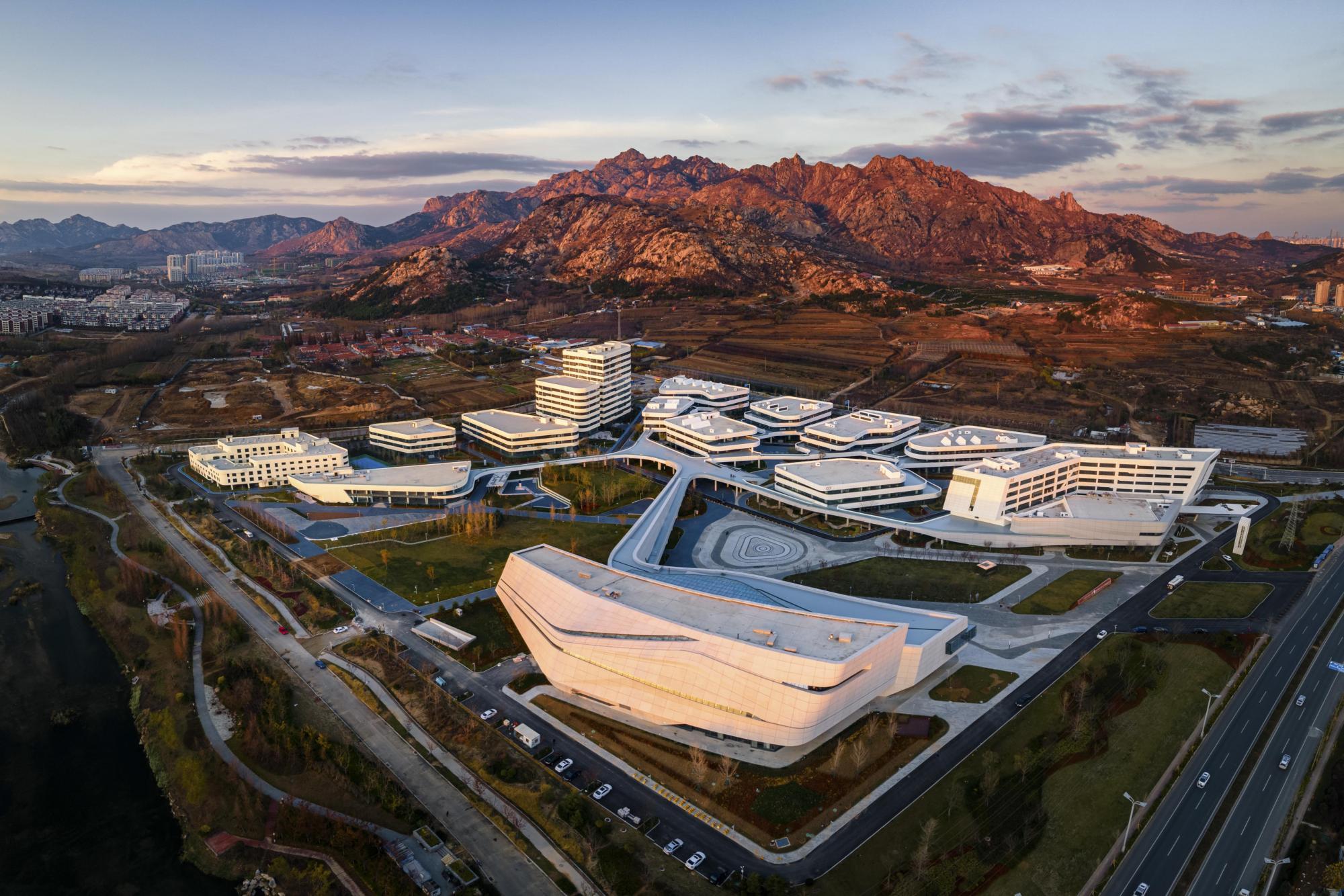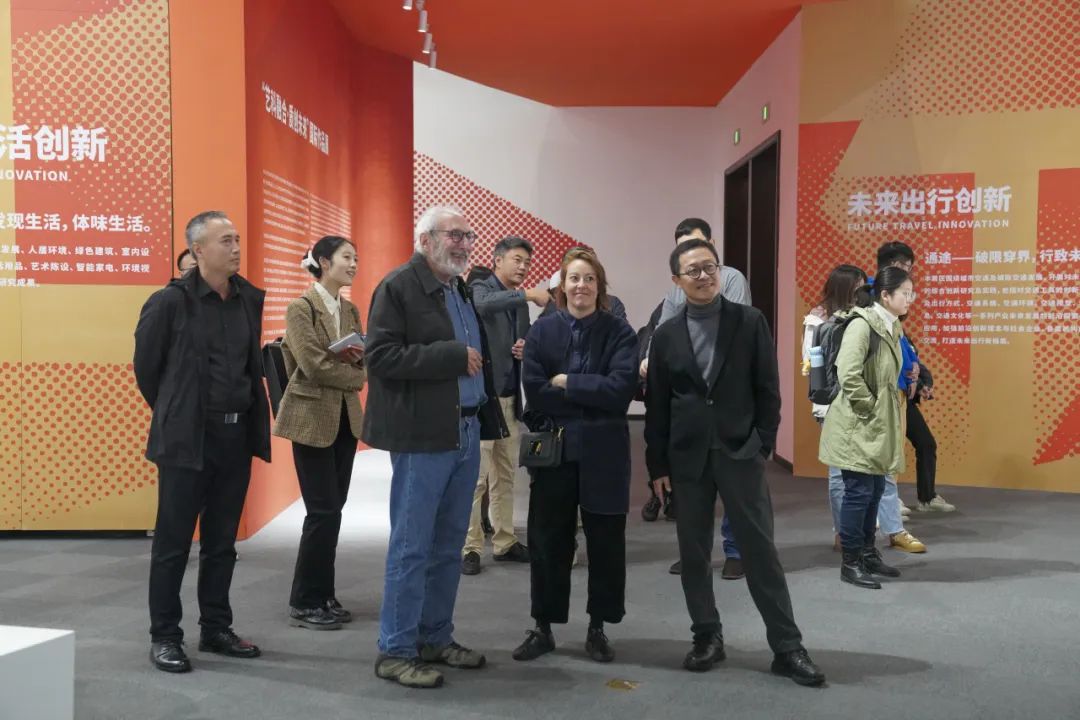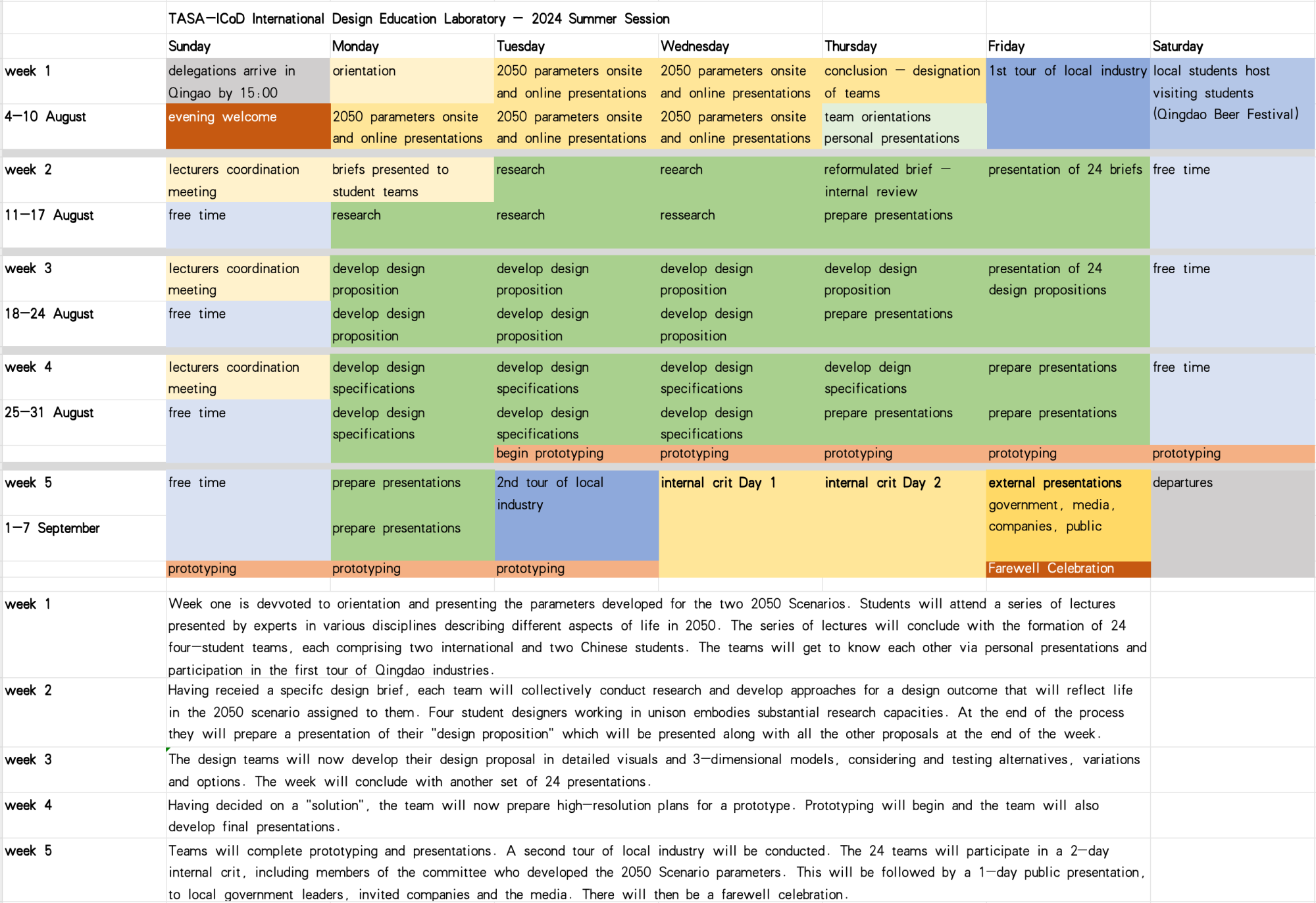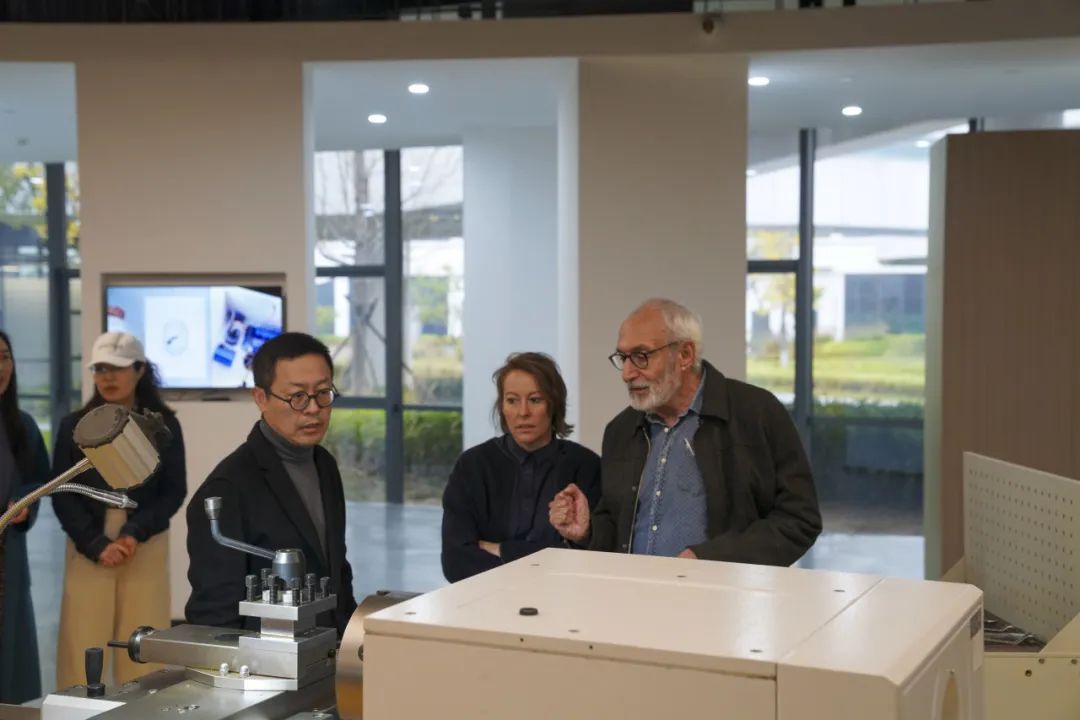TASA and ICoD establish the TASA-ICoD International Design Education Laboratory

TASA (Tsinghua (Qingdao) Academy of Arts and Science Innovation Research) and ICoD (International Council of Design) have signed an agreement establishing the TASA-ICoD International Design Education Laboratory.
The TASA-ICoD International Design Education Laboratory has been conceived by TASA and ICoD to address the challenges and opportunities of 21st century designing, designers and design education institutions. A new approach is required – professionally and academically – to better serve the future.
Current design practice and teaching are mired in outdated consumption and market models, myopic perspectives of design history and adherence to short-term corporate priorities. Instead, the Laboratory sees designing and design history as the history of human beings, universal, and as obligated to serving humanity.

At this critical time, facing a climate crisis due to irrational consumption, amidst increasing social tensions – even as advances in technology promise greater benefits for all – good design offers a better future.
The Laboratory intends to develop new approaches to designing through collaboration between international and Chinese design students and lecturers, working in teams, to address alternative “2050 scenarios” – one based on a continuation of current consumption models, and another based on a more responsible approach to designing and more rational concepts of consumption.
The first TASA-ICoD International Design Education Laboratory Summer Session will take place between 21 July and 24 August, 2024.
Six invited international design schools and six invited Chinese design schools will each send a delegation consisting of 8 advanced industrial design students and one lecturer to participate in the 2024 Summer Session. The students will work in four-person teams (two international students and two Chinese students) under the direction of a team of instructors (one international and one Chinese).

The 24 teams will work on design briefs reflecting the two alternative 2050 Scenarios developed in advance by the multidisciplinary International Academic Advisory Committee, composed of international and Chinese academics and experts. The committee will define the parameters of the 2050 scenarios. 12 projects will reflect a future scenario based on a continuation of current consumption and cultural behavior, while 12 other projects will reflect a future scenario based on an immediate diversion to a more optimal pathway of consumption, production and social evolution. The resulting designs will not only vividly illustrate the critical choices facing us today, but will also effectively demonstrate the potency of design.
The resulting projects will be the initial components of an ever-growing permanent exhibition at the TASA campus. The results of the summer session will also be presented at the first TASA-ICoD International Conference on Evolving Design Education Curricula scheduled to take place at the TASA campus on 24-25 October, 2024.
The TASA-ICoD International Design Education Laboratory is directed by two co-directors, Prof Zhao Chao, Vice President of TASA, and David Grossman, a former ICoD President.

“The TASA-ICoD Laboratory is a platform for designing the future of sustainable development. Through interdisciplinary, intercultural, and interindustry innovative practices, it lays a future paradigm for new possibilities in the design education. Confronting a more complex and uncertain future world, the laboratory integrates diverse cultures, industries, technologies, universities, and organizations to reconstruct an internationally innovation community and design a inclusive and sustainable social scenario for the future.”
- Prof. Zhao Chao, Co-Director
“The TASA-ICoD Laboratory is an exciting breakthrough in design education. It will enable new approaches to designing that look to the future, featuring a universal approach to design and design history and focusing on the ethical obligations of professional designers. Participants will benefit from real-life interaction with designers from diverse cultures, while experiencing the dynamic development of China.”
- David Grossman, Co-Director
For more information: please contact: shuxiaomeng@tasa-edu.cn
TASA: Tsinghua (Qingdao) Academy of Arts and Science Innovation Research (TASA) has been jointly established by the Qingdao Government, Tsinghua University, and the Qingdao West Coast New Area Management Committee. The institution is a platform focusing on future-oriented design development. The institution fosters integration of different disciplines, including design, engineering, biomedicine, social sciences, manufacturing, management and others, to develop new models of production and consumption.
The purpose-built TASA campus is located in the West Coast New Area of Qingdao, covering an area of approximately 185 acres with a construction area of over 128,000 square meters. The campus includes teaching and work areas, lecture facilities, workshops, advanced equipment, dormitories, a cafeteria and exhibition and conference facilities.
ICoD: Founded in 1963 as Icograda (the International Council of Graphic Design Associations), the International Council of Design (ICoD) is an international non-governmental organisation headquartered in Montreal, Canada. Today, with 115 members in 55 countries, ICoD is a multidisciplinary global network of independent organizations and entities. ICoD membership categories include professional designer associations, design education institutions and design promotion entities. ICoD sees designing as a defining human propensity, universal, and the source of technological innovation and cultural development. Designers are professionals with an obligation to society, cultural diversity, sustainable development and a more rational concept of consumption. Good design will provide a future that is socially equitable, culturally diverse, environmentally sustainable and economically viable. “Everyone has the right to live in a well-designed world.”
